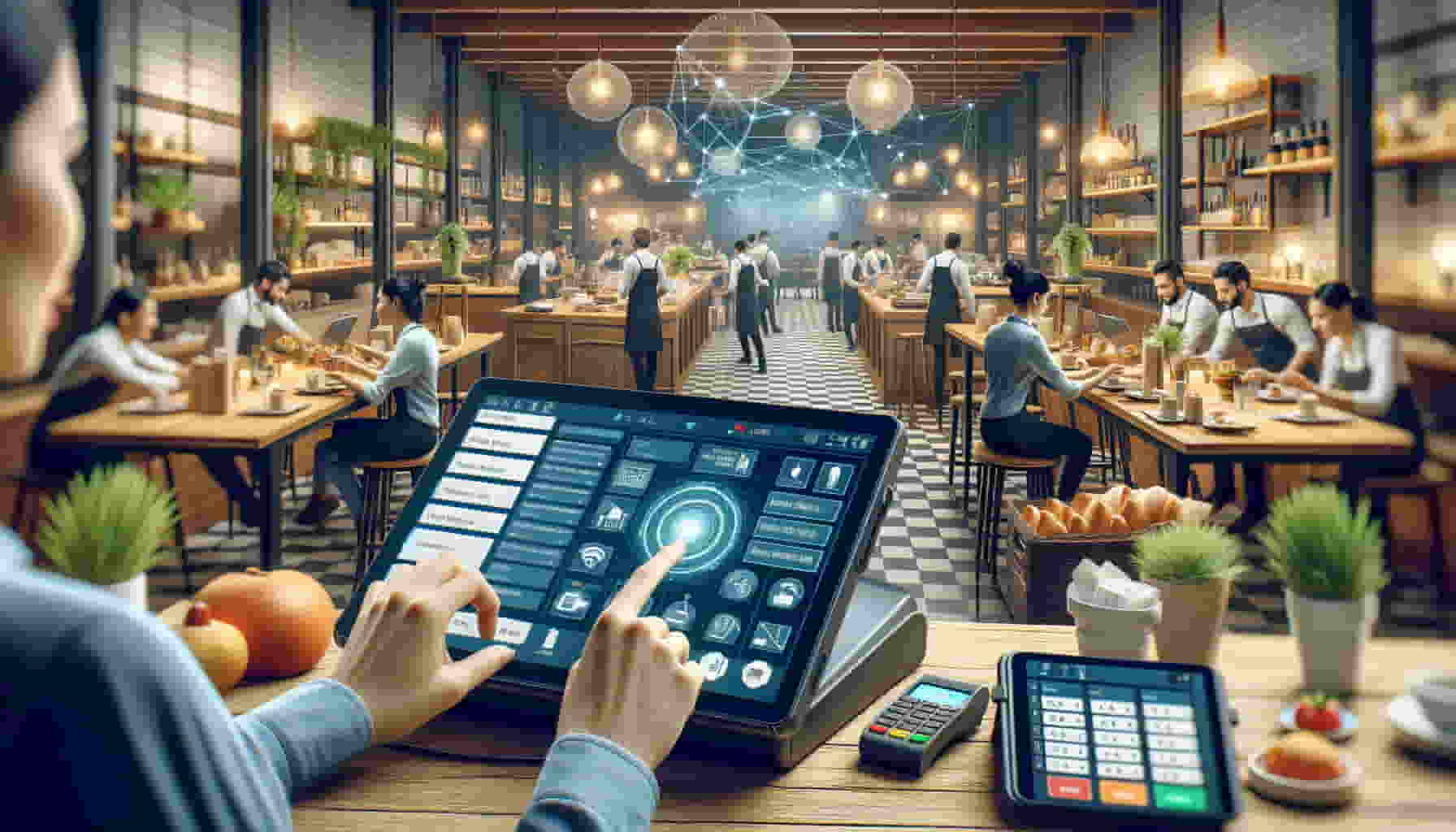The Role of POS Systems in Improving Efficiency and Customer Service

In the dynamic landscape of the restaurant industry, staying ahead of the competition requires more than just delectable dishes and friendly service. One integral component that has revolutionized the way restaurants operate is the Point of Sale (POS) system. From streamlining transactions to enhancing customer experiences, POS systems play a pivotal role in improving efficiency and elevating service standards.
Understanding the Basics of POS Systems
A POS system serves as the central hub for processing transactions, managing inventory, and tracking sales in a restaurant setting. It typically consists of hardware such as terminals, cash registers, and card readers, coupled with software that facilitates various functions like order taking, payment processing, and generating reports.
Enhancing Efficiency in Operations
Efficiency is paramount in the restaurant business, where time is of the essence, and seamless operations can make or break the dining experience. POS systems streamline the ordering process by allowing servers to input orders directly into the system, eliminating the need for handwritten tickets that are prone to errors. This not only accelerates order fulfillment but also reduces the likelihood of mistakes, ensuring greater accuracy in delivering customers’ preferences.
Moreover, top POS systems for restaurants are equipped with features like table management and kitchen display systems (KDS), enabling staff to efficiently organize seating arrangements and coordinate orders with kitchen staff. With real-time updates on table availability and order status, restaurant owners can optimize seating capacity and minimize wait times, enhancing overall operational efficiency.
Empowering Data-Driven Decision-Making
In today’s data-driven era, harnessing insights from sales data and customer behavior is crucial for strategic decision-making. POS systems capture valuable information such as sales trends, popular menu items, and peak hours of operation, providing restaurant owners with actionable intelligence to fine-tune their offerings and optimize staffing levels.
Furthermore, advanced POS systems offer integrations with analytics platforms, allowing for in-depth analysis of key performance indicators (KPIs) such as revenue per table, average order value, and customer satisfaction scores. By leveraging these insights, restaurant owners can identify areas for improvement, tailor marketing strategies, and make informed decisions to drive business growth.
Elevating Customer Service Standards
Exceptional customer service is the cornerstone of success in the restaurant industry, as diners seek memorable experiences beyond just a satisfying meal. POS systems play a pivotal role in enhancing customer service standards by facilitating personalized interactions and streamlining transactions.
With features like customer relationship management (CRM) and loyalty program integrations, top POS systems for restaurants enable businesses to build lasting relationships with their patrons. By capturing customer preferences, dining history, and feedback, restaurants can tailor recommendations and promotions to individual tastes, fostering a sense of loyalty and goodwill.
Moreover, POS systems expedite the payment process through various payment options such as credit cards, mobile wallets, and contactless payments, offering convenience and flexibility to customers. This not only reduces wait times at checkout but also enhances the overall dining experience, leaving a positive impression on patrons and encouraging repeat visits.
Ensuring Security and Compliance
In an age where data breaches and cyber threats are prevalent, safeguarding sensitive information such as payment details and customer data is paramount for restaurant owners. Top POS systems prioritize security measures to protect against potential vulnerabilities and ensure compliance with industry standards such as the Payment Card Industry Data Security Standard (PCI DSS).
Encryption technologies, tokenization, and secure authentication protocols are among the security features integrated into modern POS systems to mitigate risks and safeguard transactions. Additionally, regular software updates and proactive monitoring help to stay ahead of emerging threats and maintain a robust security posture.
Conclusion
In conclusion, POS systems have emerged as indispensable tools for restaurants seeking to improve efficiency and elevate customer service standards. By streamlining operations, empowering data-driven decision-making, and enhancing security measures, top POS systems for restaurants not only optimize workflows but also enrich the overall dining experience. As technology continues to evolve, embracing innovative solutions in the form of POS systems will be instrumental in driving success and staying competitive in the ever-evolving restaurant landscape.








Leave a Reply